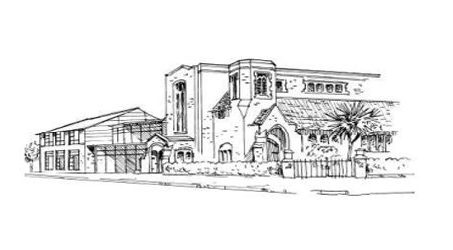
Weekly updated News and information from the Parish of Saint Joseph’s, New Malden
bulletin-25th-september-2016
25th Ordinary Sunday C

Weekly updated News and information from the Parish of Saint Joseph’s, New Malden
bulletin-18th-september-2016
Prayer and Mass Intentions – September 2016
24th Ordinary Sunday C

Weekly updated News and information from the Parish of Saint Joseph’s, New Malden
bulletin-11th-september-2016
23rd Ordinary Sunday C

Weekly updated News and information from the Parish of Saint Joseph’s, New Malden
Bulletin 4th September 2016
17th – 22nd Ordinary Sundays C

Weekly updated News and information from the Parish of Saint Joseph’s, New Malden
August Bumper Bulletin 24th July 2016
16th Ordinary Sunday C

Weekly updated News and information from the Parish of Saint Joseph’s, New Malden
Bulletin 17th July 2016
15th Ordinary Sunday C

Weekly updated News and information from the Parish of Saint Joseph’s, New Malden
Bulletin 10th July 2016
14th Ordinary Sunday C

Weekly updated News and information from the Parish of Saint Joseph’s, New Malden
Bulletin 3rd July 2016



